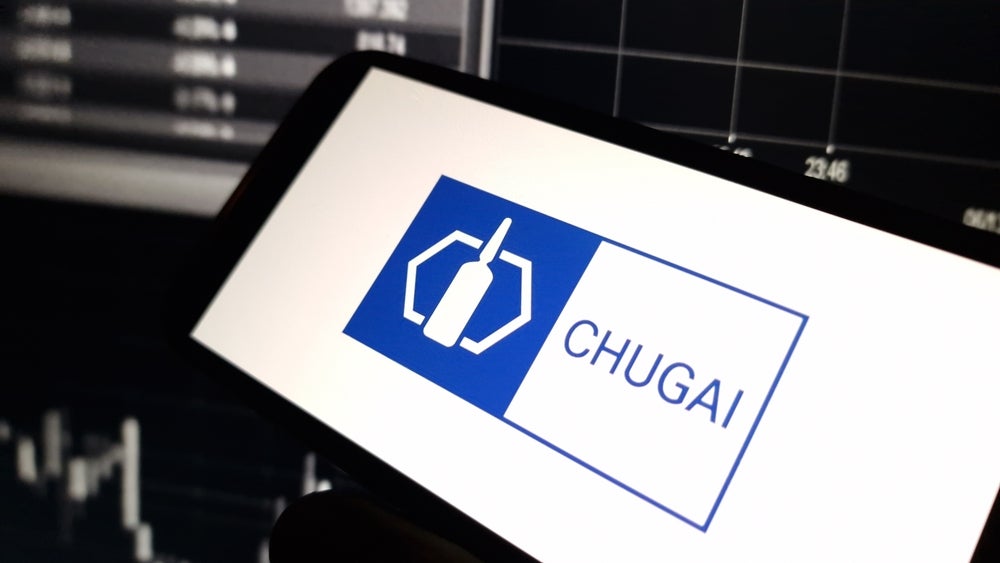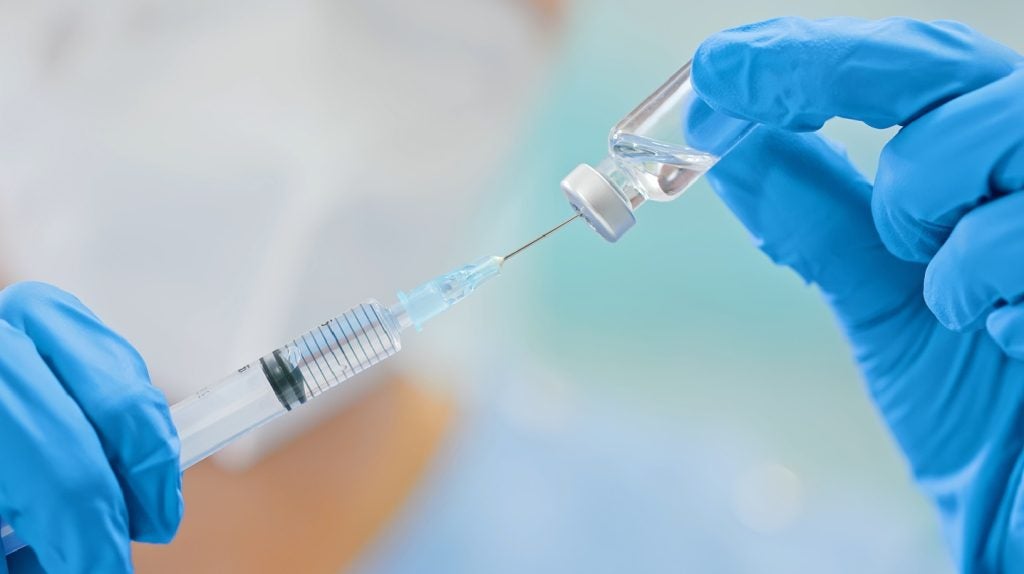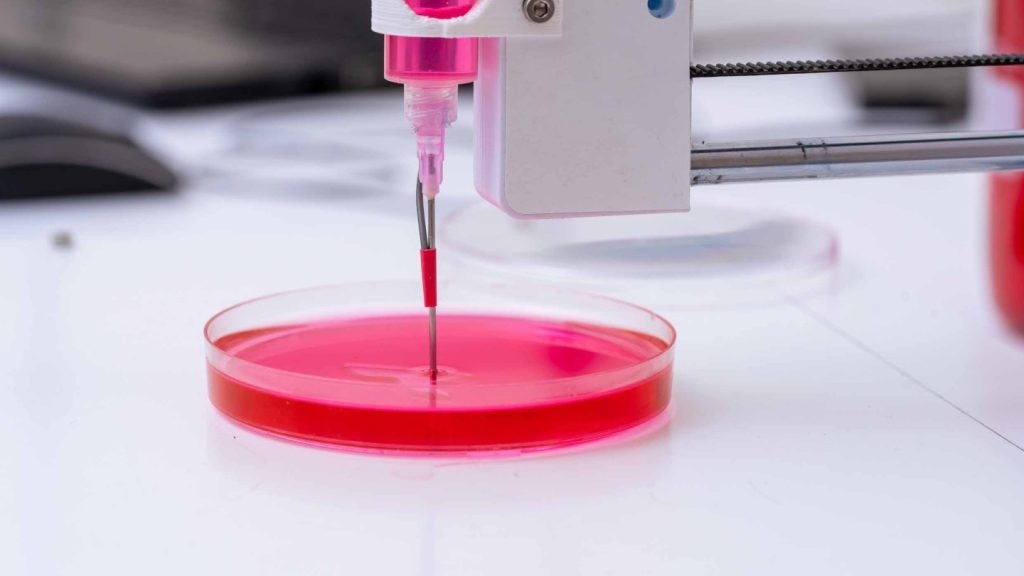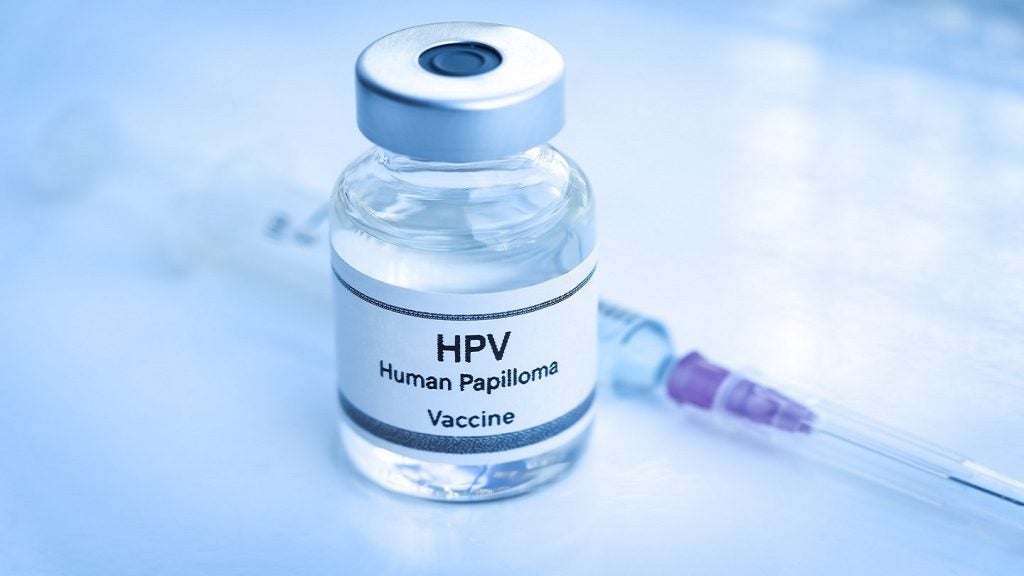Sanofi has entered into a collaboration and license agreement with Alloy Therapeutics to develop an antisense oligonucleotide (ASO) therapy targeting a single, undisclosed central nervous system (CNS) condition.
Under the terms of the agreement, Sanofi will pay Alloy up to $27.5m in upfront and preclinical milestone payments, with the potential for more than $400m in additional milestone payments tied to discovery, development, and commercialisation. Alloy is also eligible for tiered royalties on sales of any resulting products.
The partnership centres on Alloy’s AntiClastic Antisense platform, which is designed to overcome limitations in existing antisense technologies by targeting RNA-level intracellular disease mechanisms. Alloy claims the platform improves a drug’s therapeutic index and enables delivery of treatments to previously inaccessible targets. Sanofi will leverage its expertise in neuroscience to collaborate on using this platform to develop therapies capable of crossing the blood-brain barrier, a major challenge in central nervous system (CNS) drug development.
This collaboration reflects renewed interest in nucleic acid-based therapies, particularly for CNS disorders, an area with both high potential and significant challenges. Notable successes in the field include Biogen’s ASO Spinraza (nusinersen) approved for spinal muscular atrophy. Spinraza generated $1.7bn in sales last year, as per Biogen’s financials.
The deal marks Sanofi’s latest investment in ASO research, following its October 2024 investment to Resalis Therapeutics for an ASO therapy targeting obesity pathways. Sanofi has historically explored ASO therapeutics, but one previous effort – Kynamro (mipomersen), developed in partnership with Ionis Pharmaceuticals – faced commercial challenges and was ultimately withdrawn from the market in 2019.
Alloy launched its AntiClastic Antisense platform in 2023 after licensing intellectual property from Arnay Sciences. This deal isn’t the first that Alloy has made with big pharma. In November 2024, Alloy teamed up with Takeda to develop Takeda’s proprietary induced pluripotent stem cell (iPSC)-derived chimeric antigen receptor (CAR)-T cell platforms.
In May 2024, Alloy licensed its ATX-Gx and ATX-CLC murine platforms to Eli Lilly, providing tools for fully human antibody discovery. These platforms aim to simplify and accelerate therapeutic development. The partnership also integrates Alloy’s technology with Lilly’s Catalyze360 programme, which supports biotech startups by offering drug discovery tools, lab space, and R&D expertise.















